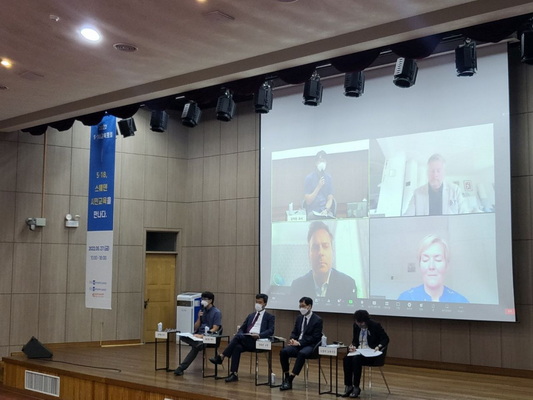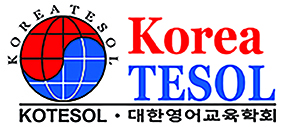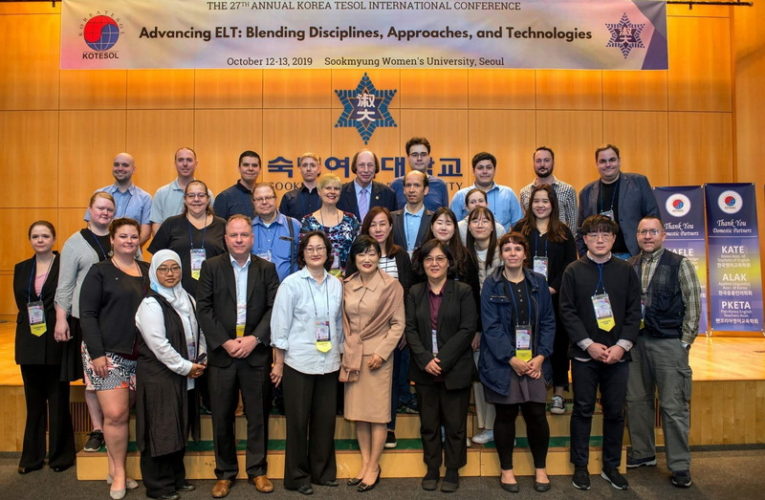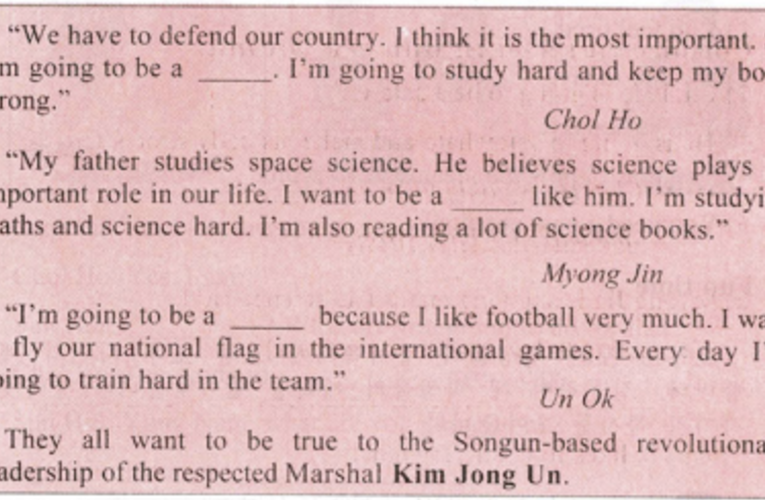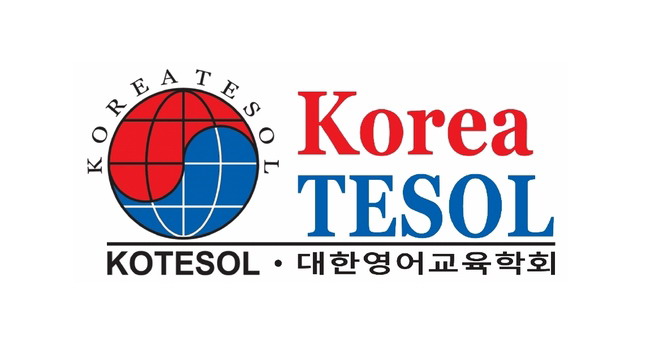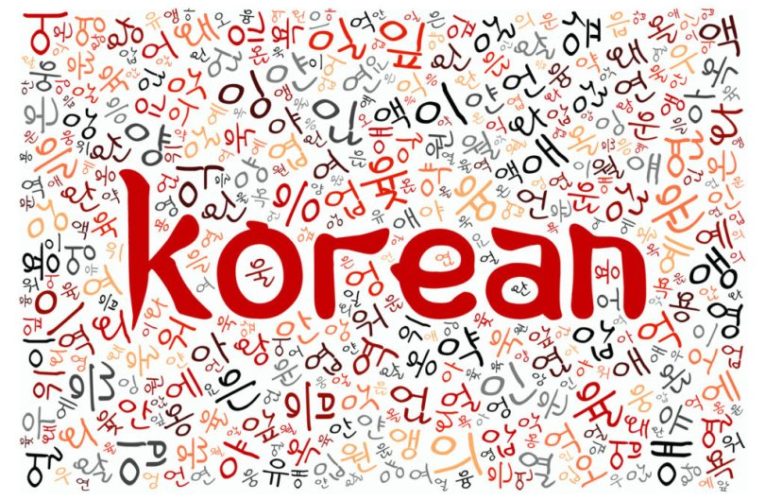May 18 Education Forum 2022: An Interview with the Speakers
The month of May in Gwangju is for remembering thousands of Gwangju citizens who rose up against the military junta oppression in May 1980, those who survived, and those who did not, and as such, is marked by various events and vigils. Among the many events keeping the spirit of the Gwangju Democratization Movement alive, the May 18 Education Forum took place last May 27 under the title “May 18 Democratic Uprising Meets Swedish Civic Education.” The Forum focused on exchange in the area of democratic civic education through a conversation with the invited educators from Sweden, where political participation through civic education has already become commonplace.





